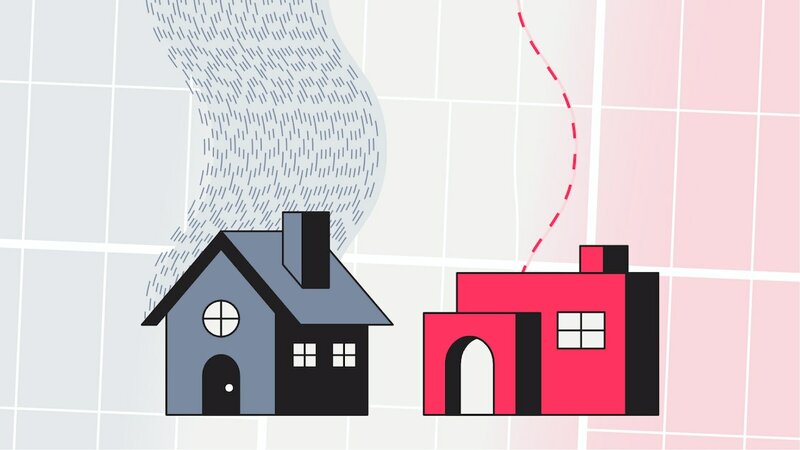CenturyLink customers in Seattle and Portland receive wide-ranging levels of service for the same price, with poorer residents and people of color more likely to be burdened by slow speeds, according to a new analysis of digital inequities in U.S. cities.
Seattle had the worst disparities among cities examined in the Pacific Northwest. About half of its lower-income areas were offered slow internet, compared with just 19% of upper-income areas. Addresses in neighborhoods with more residents of color were also offered slow internet more frequently: 32.8% of them, compared to 18.7% of areas with more white residents.
CenturyLink offerings in Portland were also uneven, as 27% of addresses in lower-income areas were offered speeds below the federal broadband standard of 25 mbps, compared with 16% of higher-income areas. In both Portland and Seattle, neighborhoods rated “hazardous” to mortgage lenders in mid-20th century “redlining” maps — which were used to discriminate against minority communities — were more likely to see the worst internet deals in both cities today.



 Seattle
Seattle Portland
Portland Internet
Internet Income
Income



